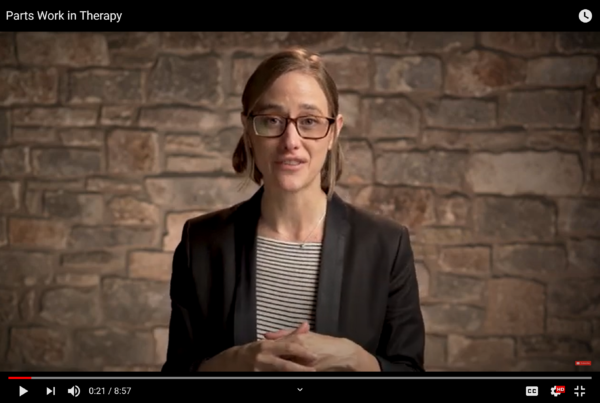Some great advice in this article from the HuffPost on how to deal with anxiety before bedtime and on waking in the morning. The tips include expert practical and psychological advice on how to manage anxiety. I have broken the article into two parts. Part one goes into more detail on what to do before bedtime. Part two continues with advice on what to do on waking.
“Anxiety isn’t picky. It can creep in at any time of the day ― even first thing in the morning. And before you know it, you’re fretting about the future when your present day hasn’t even started yet.
“Although there can be an almost infinite number of reasons why some people wake up anxious, at some point the mind starts traveling out into the future, whether that’s a few minutes into the future or decades,” Mark W. Driscoll, licensed clinical psychologist at The Family Institute at Northwestern University, told HuffPost. “Although that can seem productive — like we’re just trying to work something out or solve a problem ― it has the consequences of feeding and amplifying an already difficult to experience emotion.”
Luckily, there are several techniques you can practice to help you better deal with whatever it is that’s causing you worry. Below are some research and expert-backed tips to try if you wake up feeling anxious:
Put your devices on silent and keep them out of sight.
Late-night news notifications, celeb tweets or a conversation in a group text can all wait till morning. All of these alerts keep your brain buzzing, and make it harder for it to reach a state of relaxation. Plus, the blue light from screens can disrupt your sleep, and it can also prevent your body from producing melatonin, a hormone that’s key for a regulated sleep cycle. It’s well-established that poor sleep quality is closely linked with feelings of anxiety. You deserve a rest, as do your devices.
Set out your clothes for tomorrow.
Your closet might be packed with items you love ― but all of those options can lead to decision fatigue, or the exhaustion and stress that’s associated with having too many options to choose from. Getting dressed in the morning sounds like a simple task for any adult, but for some, it really can be wearing. If this sounds like you, try setting out your outfit the night before to see if doing so can help combat some of that morning stress. This process is you looking out for your future self, alleviating some of the jitters that come after sunrise.
Allot yourself some chill time.
Rather than jumping into bed for shuteye seconds after you finish up a work email, give yourself some relaxation time free of to-dos (and phones). Your body and brain will benefit from a wind-down period, which would ideally be an hour before your bedtime, according to the National Sleep Foundation. Relaxation reduces cortisol, the stress hormone that can increase your blood pressure and heart rate. Relaxation techniques like meditation, gentle movements like yoga and simple exercises like deep breathing can all help cut out the cortisol and promote better sleep. Whatever works for you to take some chill time for yourself, do it.
Try some mental exercises.
Instead of focusing on all you have to tackle the next morning, practice some mindful exercises. You can even turn it into a game: Try to recall as many dog breeds as possible, or mentally walk yourself through every room of your childhood home. This practice can help you keep anxious thoughts away while getting you one step closer to dreamland.
Reflect on the positive aspects of your day.
Especially if you’re a worrier, training your brain to think about positive events instead of dwelling on negative ones can help you feel less anxious. The action distracts your brain from spiraling down a dark hole, and can make you feel more optimistic. If negative thoughts creep in while you’re trying this, don’t panic: Let them pass through and return to sunnier thinking.
“The idea is to get out of your mind and into your present moment experience with soothing activities and to keep bringing your mind back to the activities when it wanders to worry thoughts or thoughts about the future,” Driscoll said, adding that journaling about your worries before bed isn’t a great idea. “A lot of people mistakenly believe that it helps and it usually has the effect of reinforcing and strengthening worries.”
Hit play on a relaxing song.
This tip is oddly specific, but research suggests that this song — which researchers dubbed “the most relaxing song ever” — can help you enter a state of relaxation. In a study of the song’s effect, some people even reported feeling sleepy after listening. But if that doesn’t work, put on a tune that personally soothes you.”
Please feel free to get in touch with me for a friendly chat or to schedule an initial appointment.










